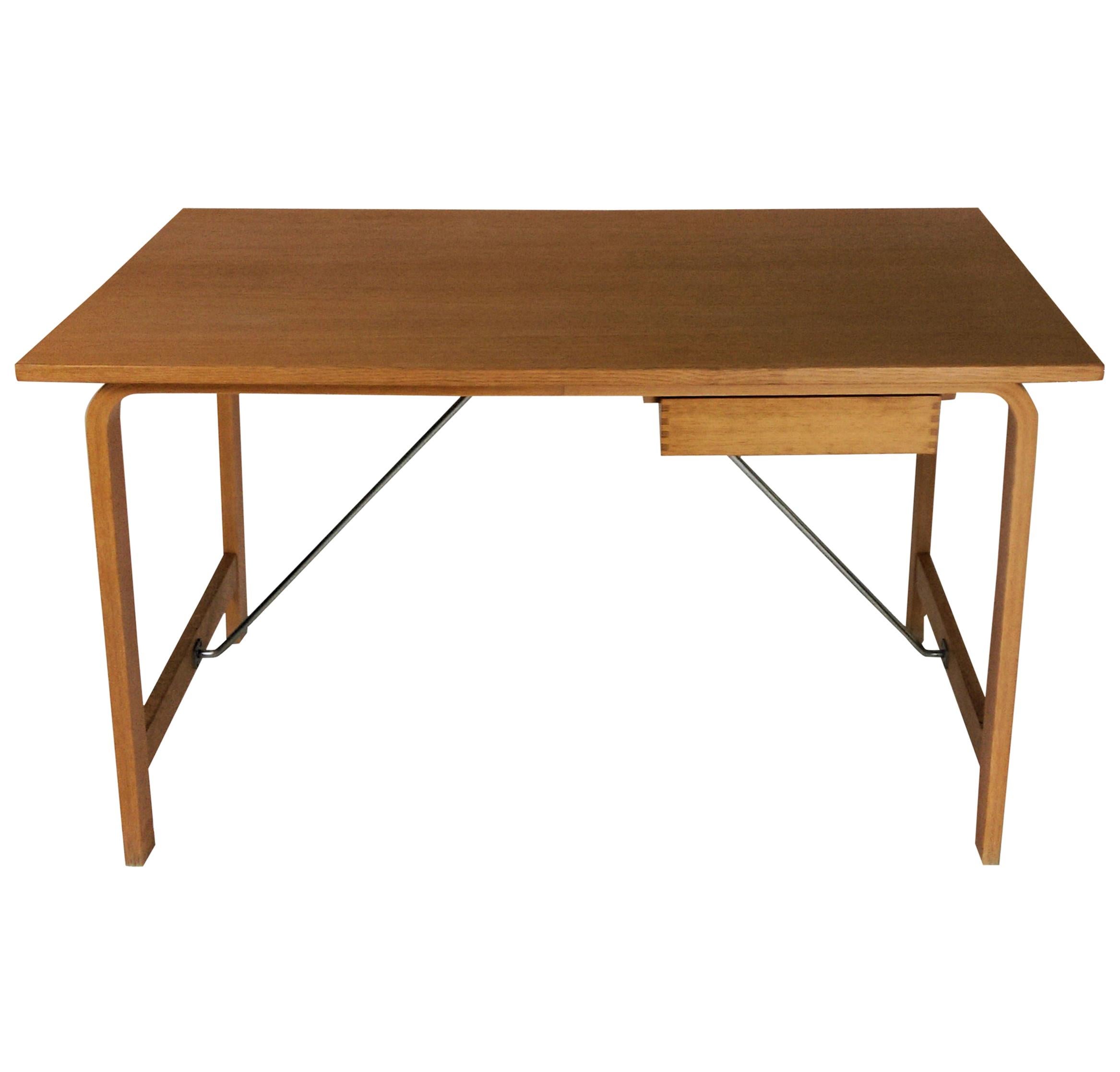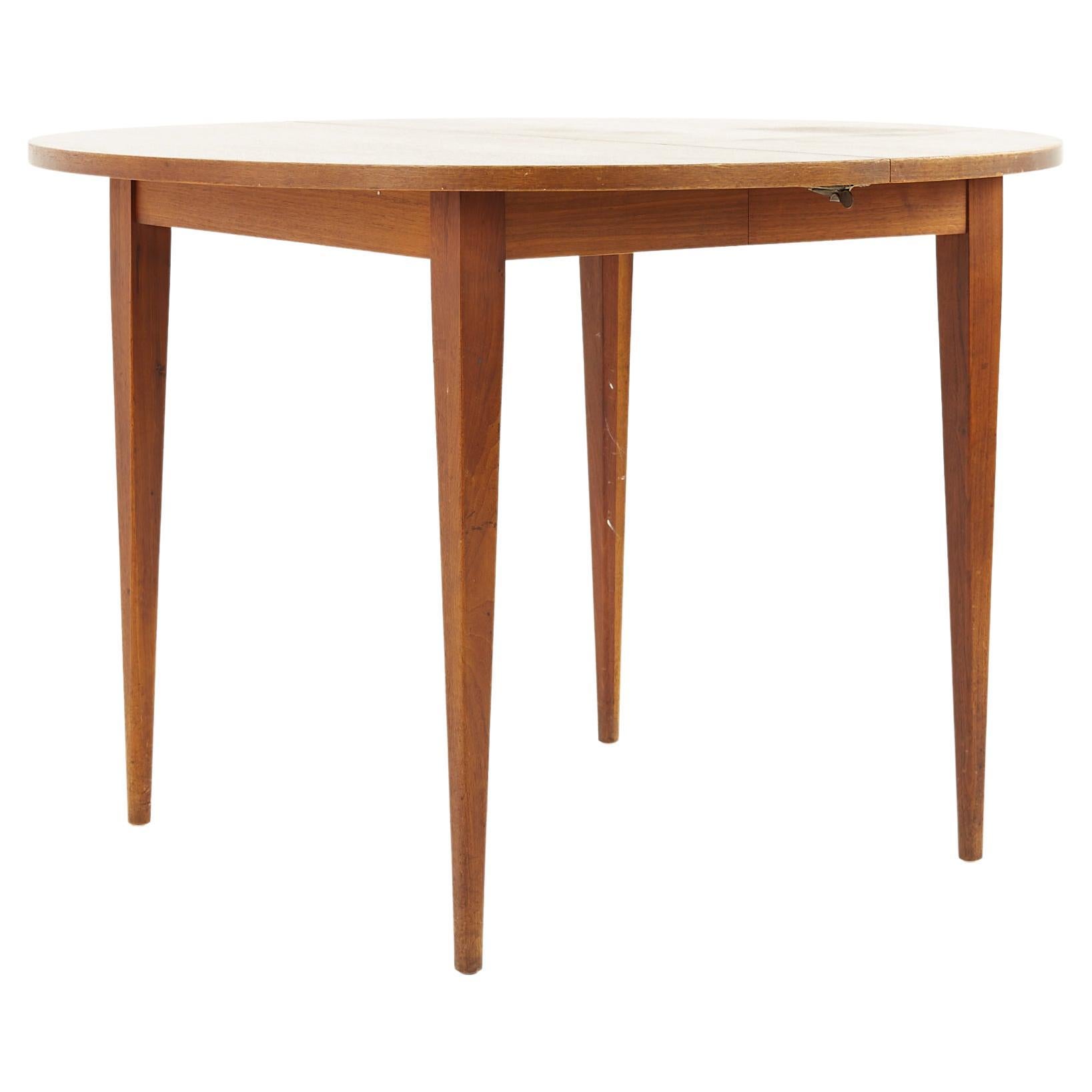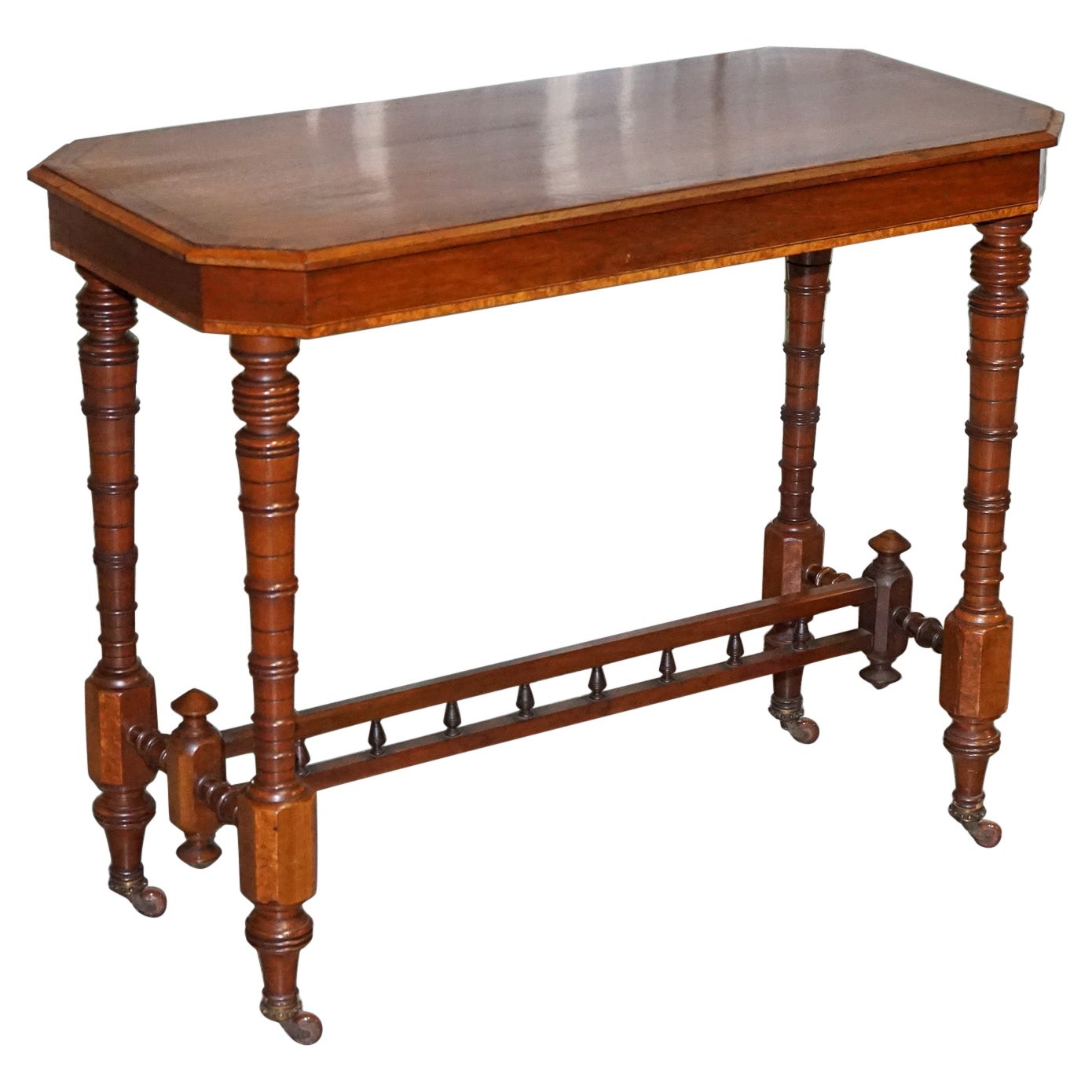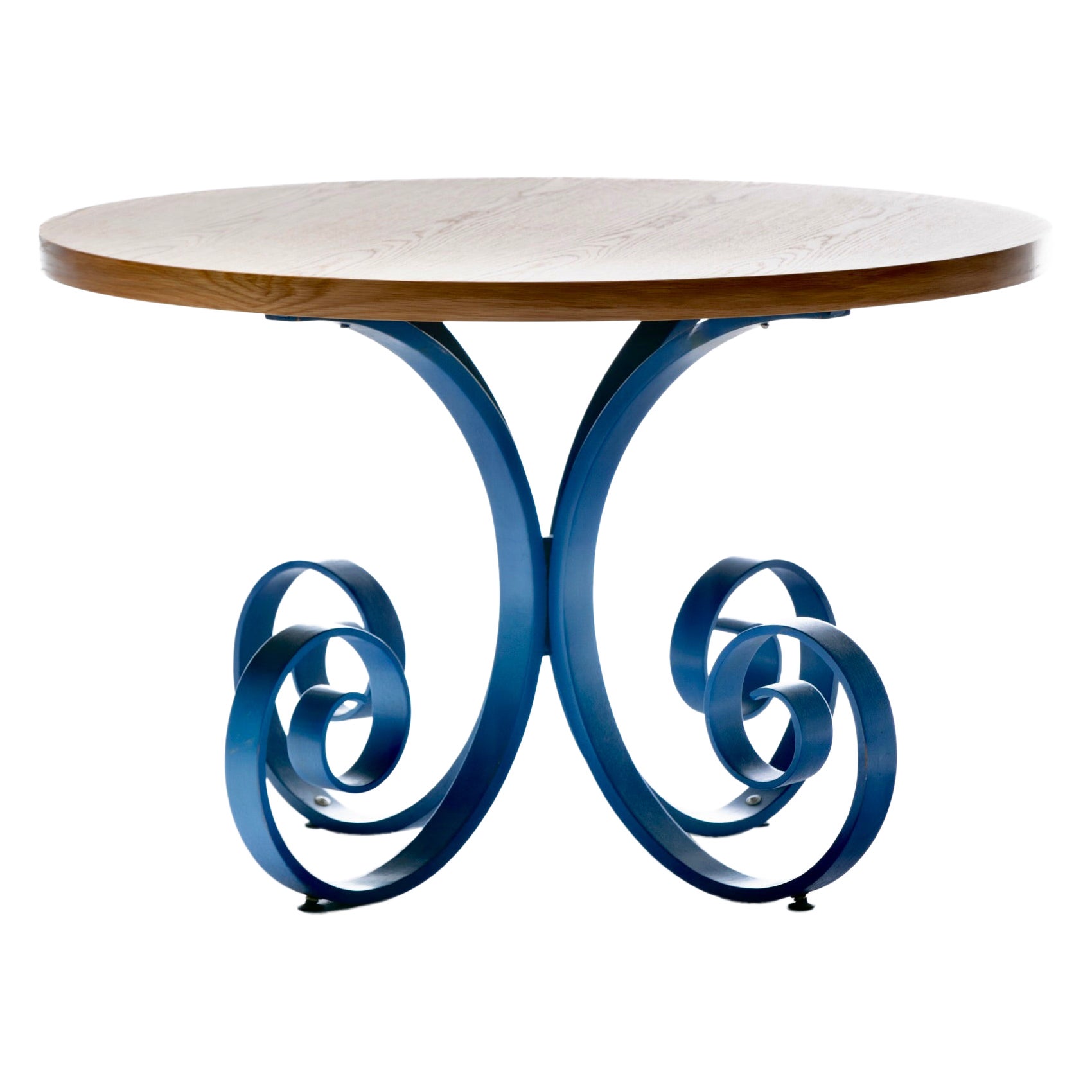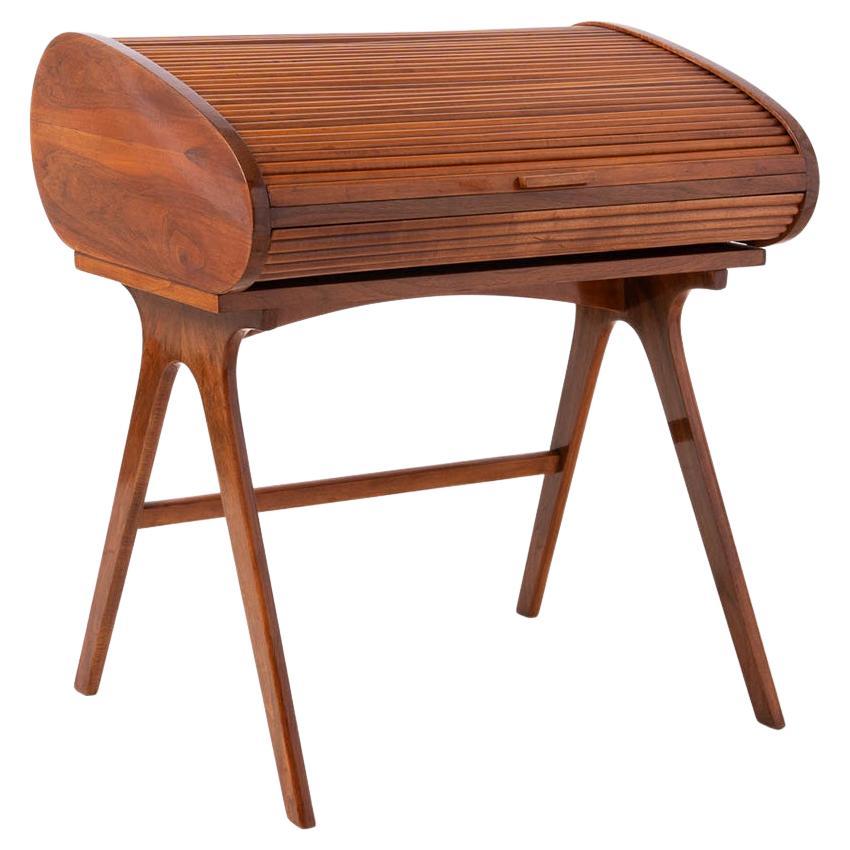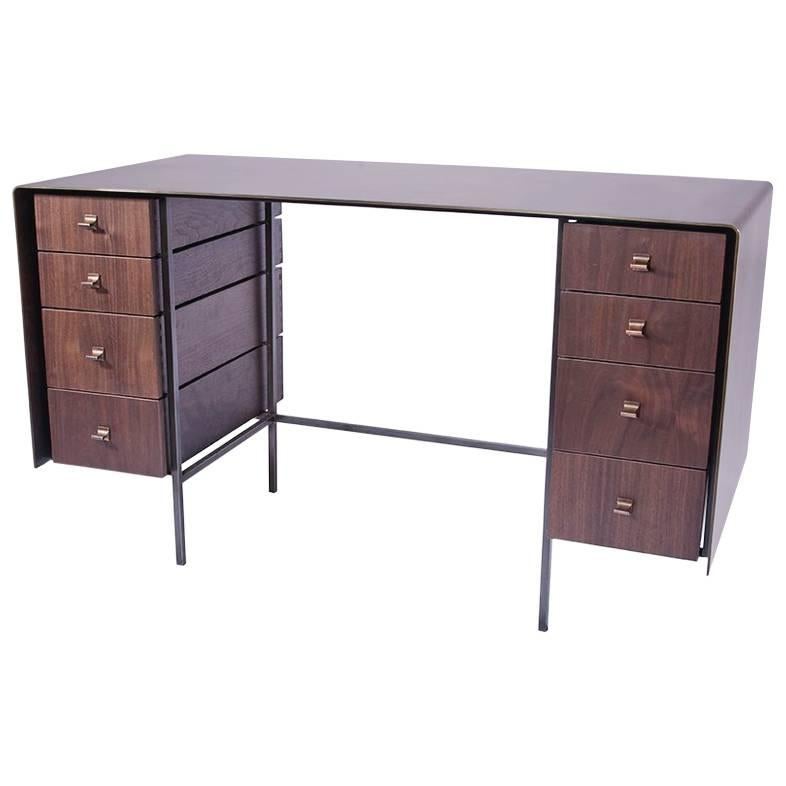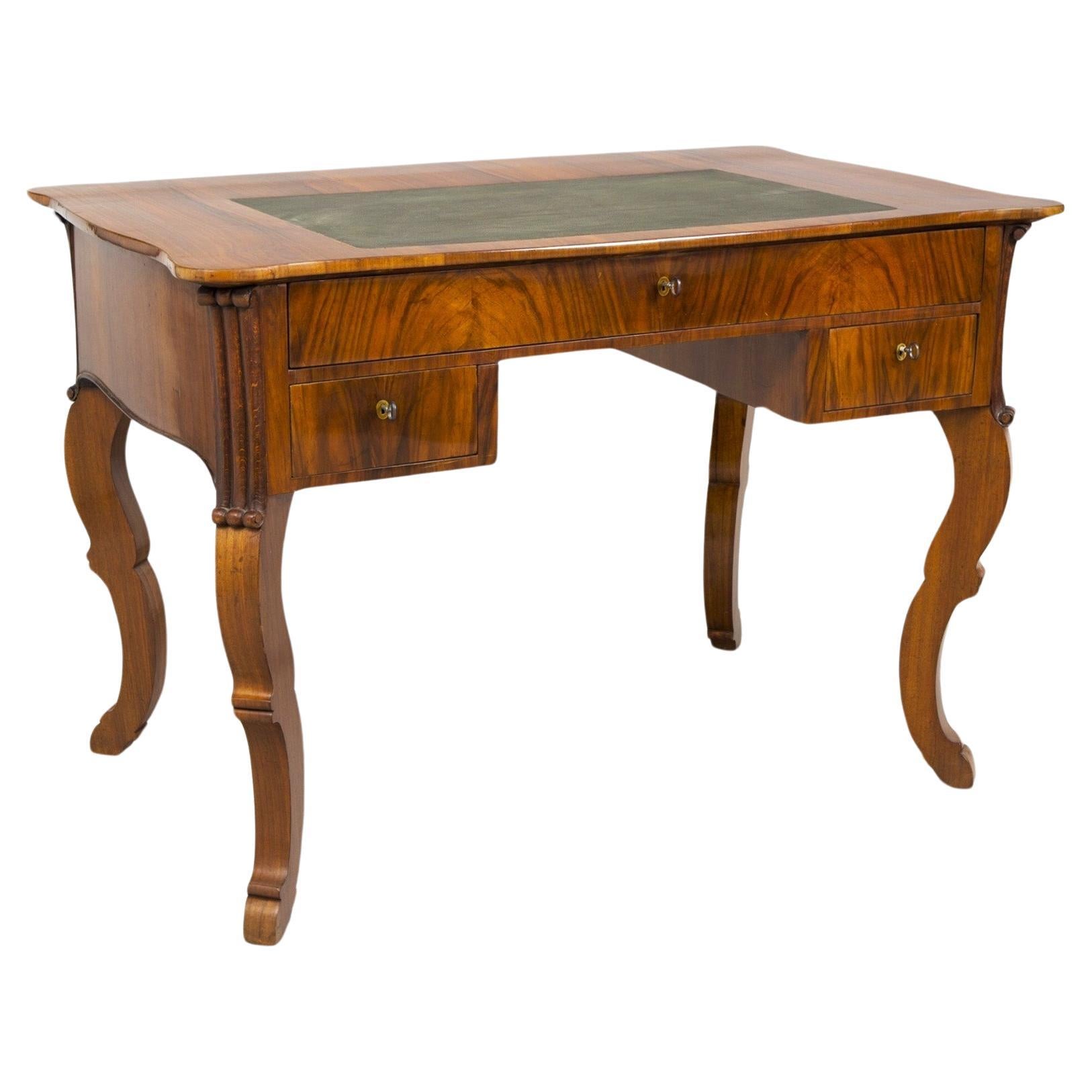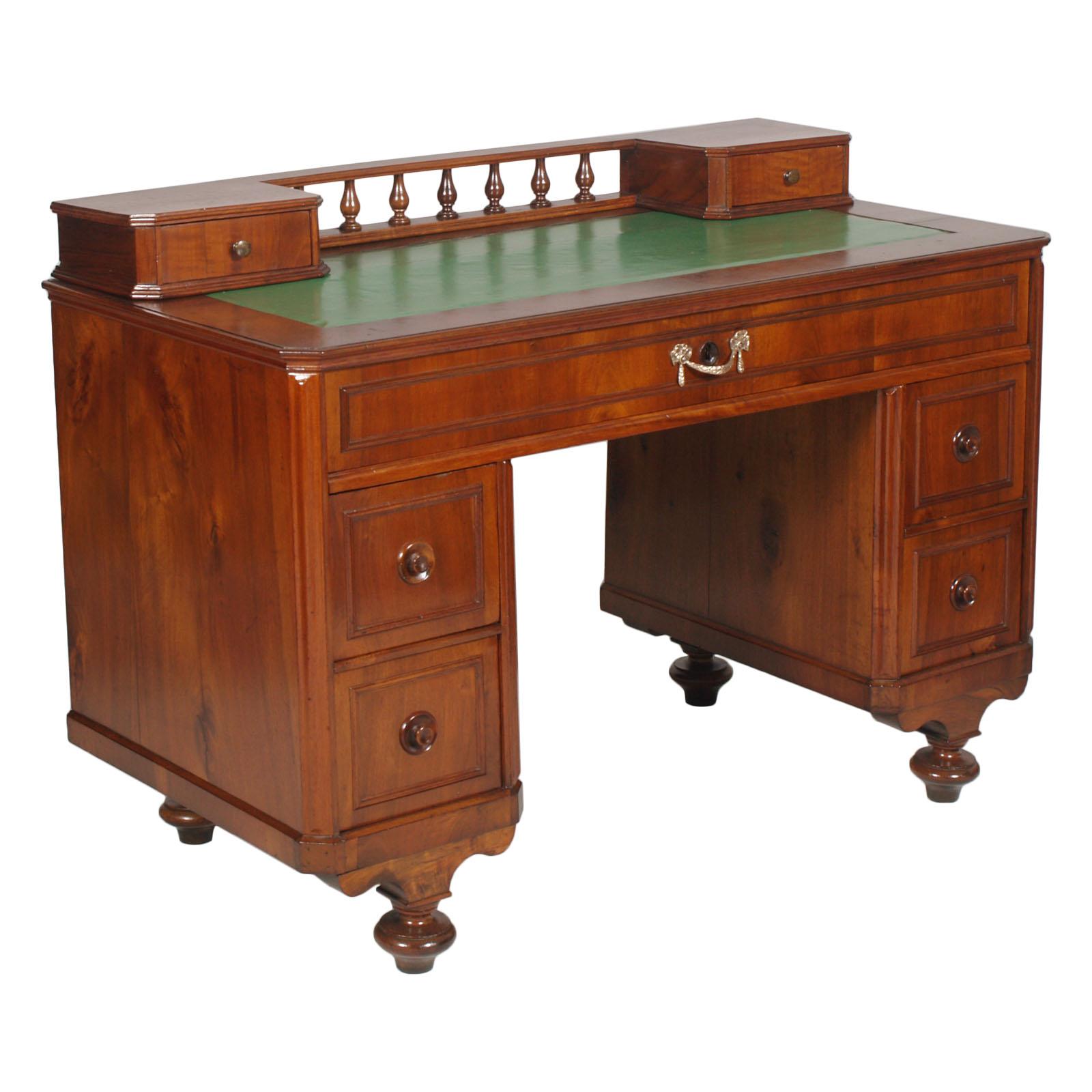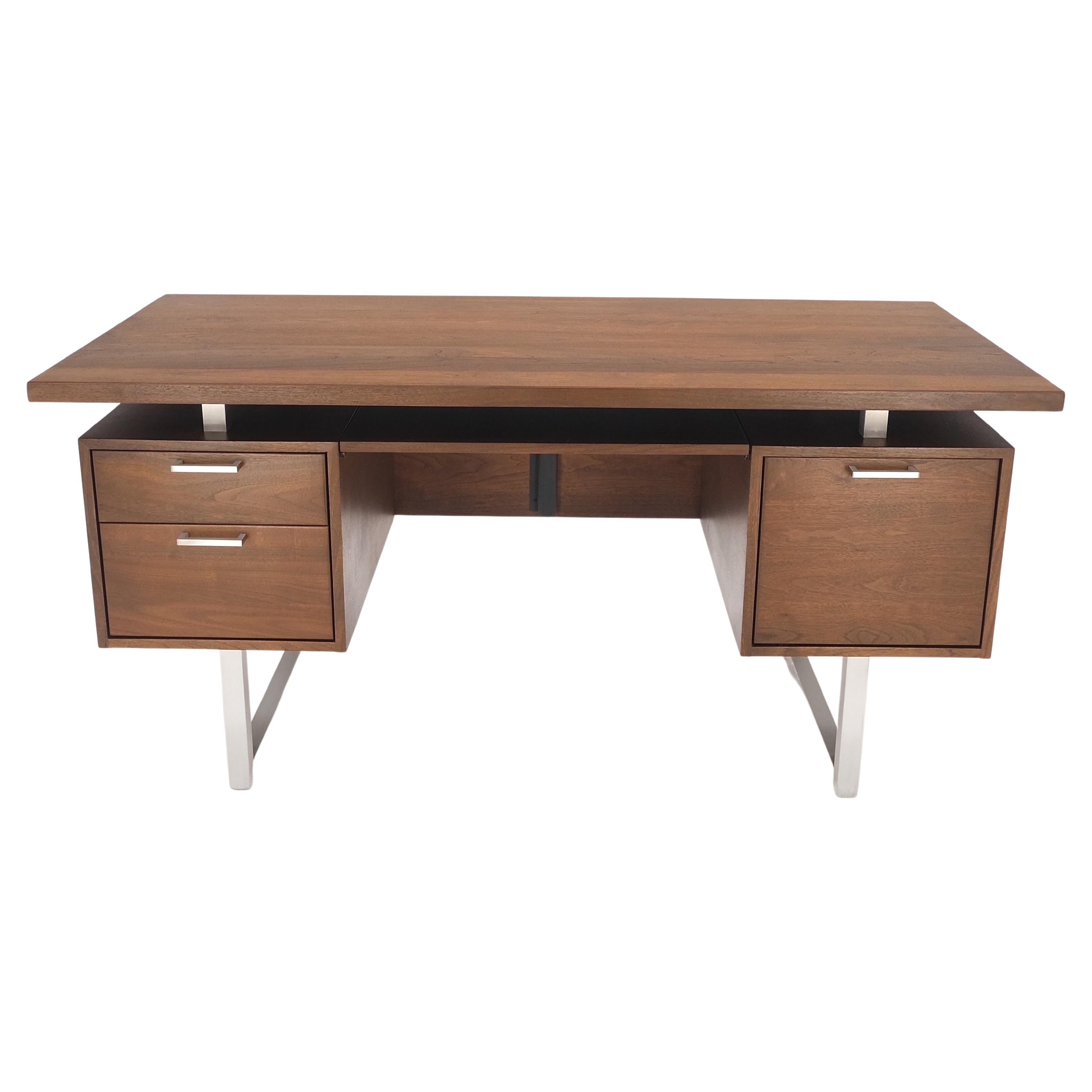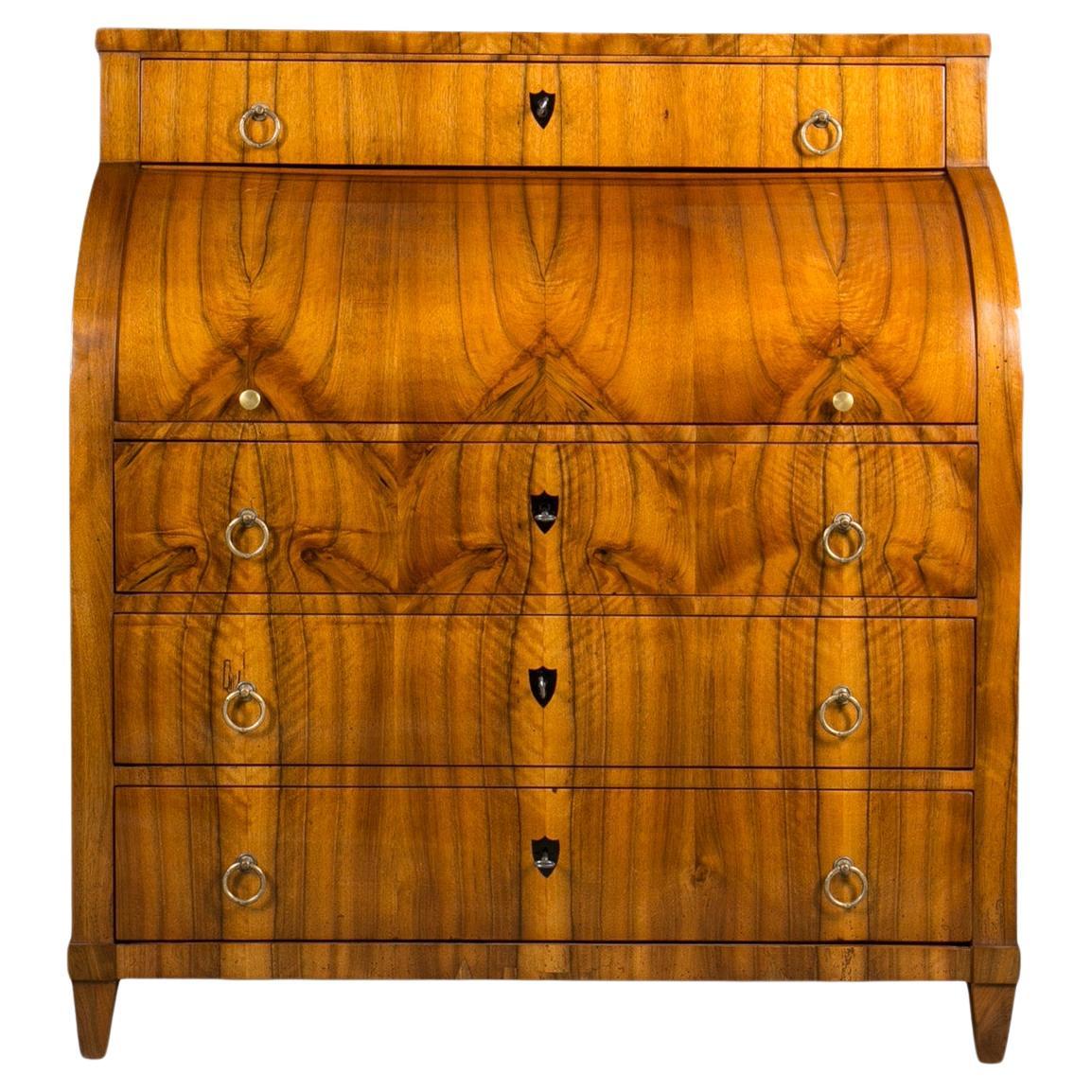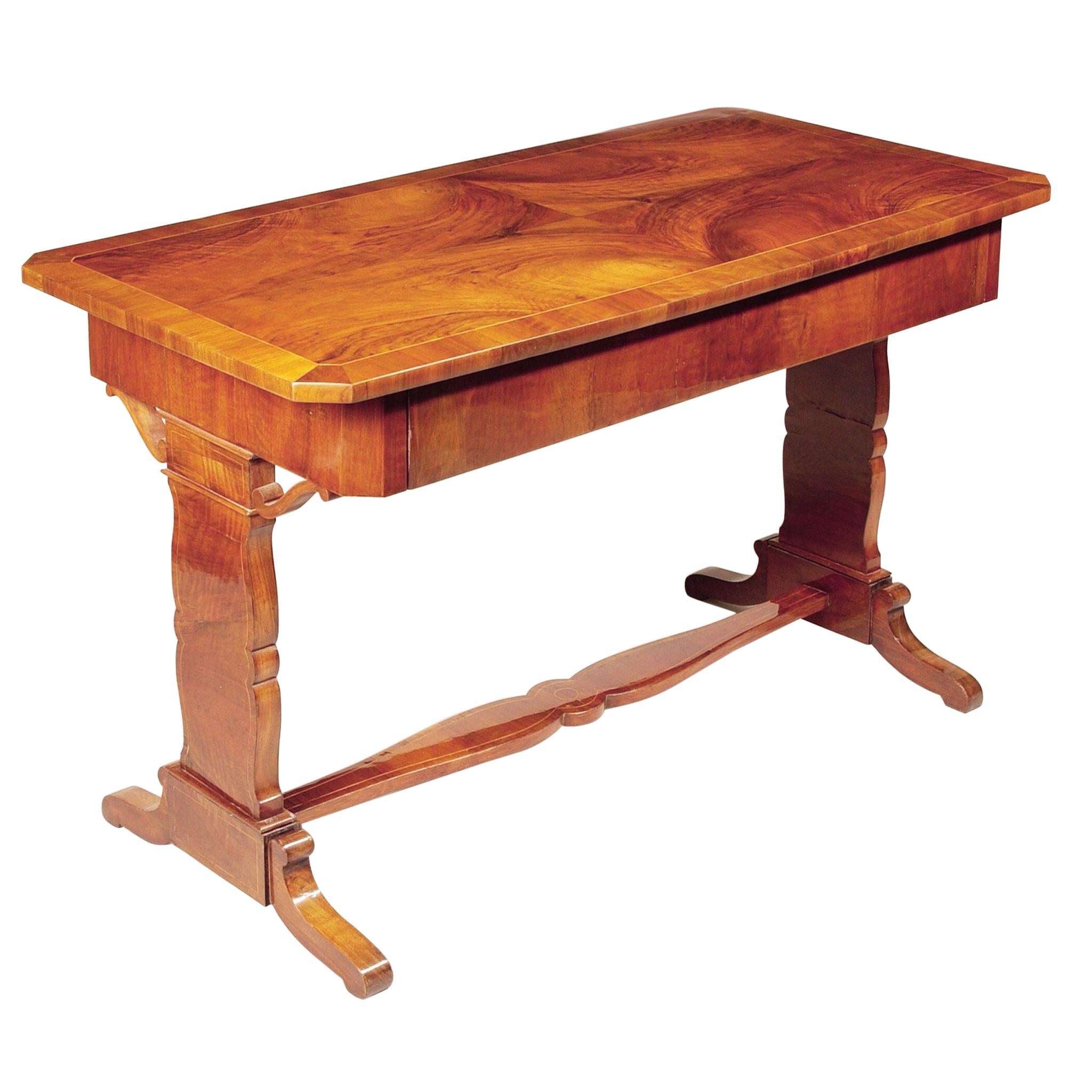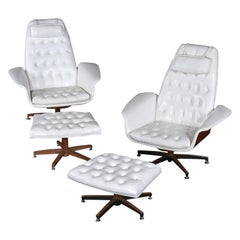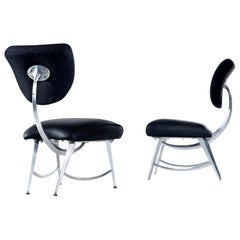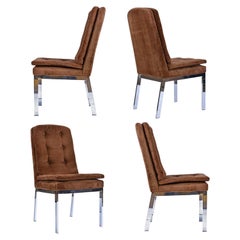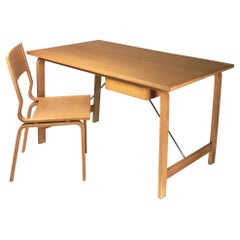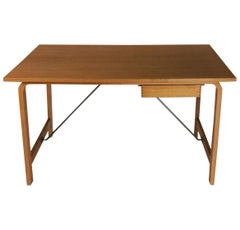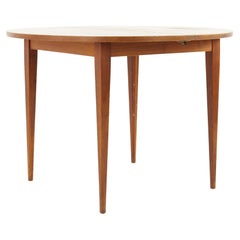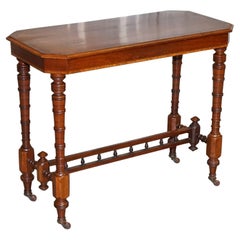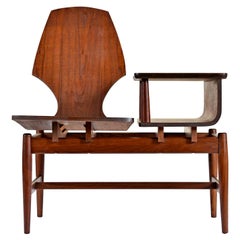
Restored Bent Walnut Plycraft Telephone Gossip Chair
View Similar Items
Restored Bent Walnut Plycraft Telephone Gossip Chair
About the Item
- Creator:Plycraft (Maker)
- Similar to:Norman Cherner (Designer)Fritz Hansen (Designer)George Mulhauser (Designer)
- Dimensions:Height: 35.63 in (90.51 cm)Width: 31.5 in (80.01 cm)Depth: 19.5 in (49.53 cm)Seat Height: 17.5 in (44.45 cm)
- Style:Mid-Century Modern (In the Style Of)
- Materials and Techniques:
- Place of Origin:
- Period:
- Date of Manufacture:1960s
- Condition:Refinished. Wear consistent with age and use. Fully disassembled and restored. All joints glued and clamped to ensure rigidity. Tabletop and chair have been gently restored to remove scratches and imperfections. Finished with hand buffed poly-oil clear coats. Only very minor flaws remain.
- Seller Location:Chattanooga, TN
- Reference Number:1stDibs: LU2255324354792
Plycraft
While the history of Plycraft is marred by scandal and lawsuits, the American furniture manufacturer produced charming lounge chairs and other seating during the mid-century modern era that are sought after by collectors today.
Paul Goldman founded Plycraft in Lawrence, Massachusetts, in 1953 — he had secured military contracts for the manufacturing of bentwood products during World War II and was able to move into the commercial market thereafter. While Plycraft counted fiberglass boats among its early offerings, its primary focus switched to furniture when what we now call mid-century modernism hit its stride and more designers began to explore the possibilities of bentwood furniture thanks to the revolutionary work of Alvar Aalto and Michael Thonet. Goldman was Plycraft’s principal designer, but George Mulhauser and Norman Cherner were also enlisted to create furniture for the brand.
In 1952, a designer named John F. Pile, who was working in the studio of Herman Miller design director George Nelson, conceived what he called the Pretzel chair in walnut and birch. Pile’s seat, which was inspired by European modernist design, proved too costly to manufacture and it had structural problems. So the illustrious Michigan furniture maker subcontracted Plycraft to produce the Pretzel chair — an agreement that was short-lived owing to a dispute between Plycraft and Herman Miller.
Goldman subsequently tapped Norman Cherner — an innovative architect, designer and professor at Columbia University who was recommended by Nelson — to create an iteration of the Pretzel chair that would be stronger and cost-efficient to manufacture.
Cherner submitted a comfortable, curvaceous update to the Pretzel chair in molded plywood but was told by Plycraft that the project was being scrapped and his drawings shelved. Months later, Cherner was shocked to stumble upon his redesigned chair in a furniture showroom in New York under the Plycraft name. Cherner sued Plycraft and won — the Cherner chair later appeared in a Norman Rockwell painting on the cover of The Saturday Evening Post.
In the late 1950s, designer George Mulhauser created the Mr. Chair for Plycraft, an adjustable, tilting, swivel armchair with a matching ottoman. Mulhauser was also a designer in George Nelson’s studio and is credited with having conceived the iconic Coconut lounge chair for Herman Miller. With its tufted leather seat and shell crafted from a single sheet of plywood, the Mr. Chair lounge — part of a line of seating for which Mulhauser was commissioned — bears a resemblance to the now-legendary Eames lounge chair, which was designed by Ray and Charles Eames for Herman Miller. Mulhauser’s chair was very successful for Plycraft. A model was even spotted on an episode of Star Trek.
More From This Seller
View AllMid-20th Century American Mid-Century Modern Lounge Chairs
Metal
1990s American Futurist Lounge Chairs
Aluminum
Vintage 1960s American Mid-Century Modern Desks
Walnut
Vintage 1970s American Mid-Century Modern Side Chairs
Chrome
Vintage 1960s American Mid-Century Modern Side Chairs
Metal, Aluminum
Vintage 1980s Danish Scandinavian Modern Stools
Fabric, Teak
You May Also Like
Vintage 1960s Danish Scandinavian Modern Desks and Writing Tables
Oak
Vintage 1960s Danish Scandinavian Modern Desks and Writing Tables
Oak
Vintage 1970s American Mid-Century Modern Dining Room Tables
Walnut
Antique 19th Century British Victorian Console Tables
Walnut
Vintage 1950s American Mid-Century Modern Dining Room Tables
Wood, Oak
Vintage 1950s Polish Mid-Century Modern Desks and Writing Tables
Walnut

